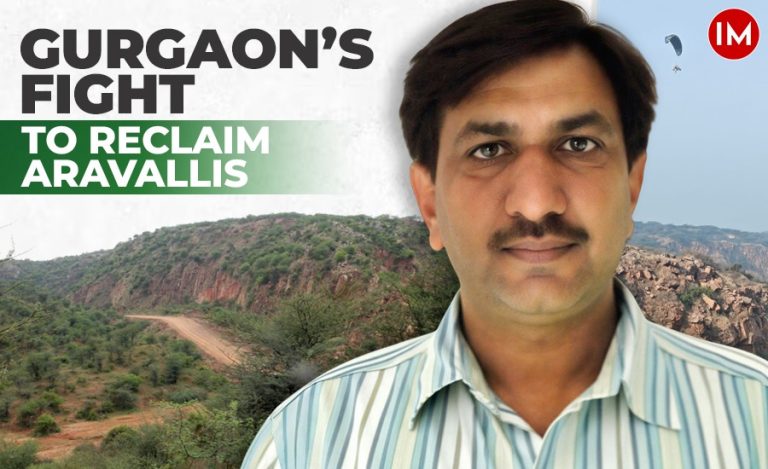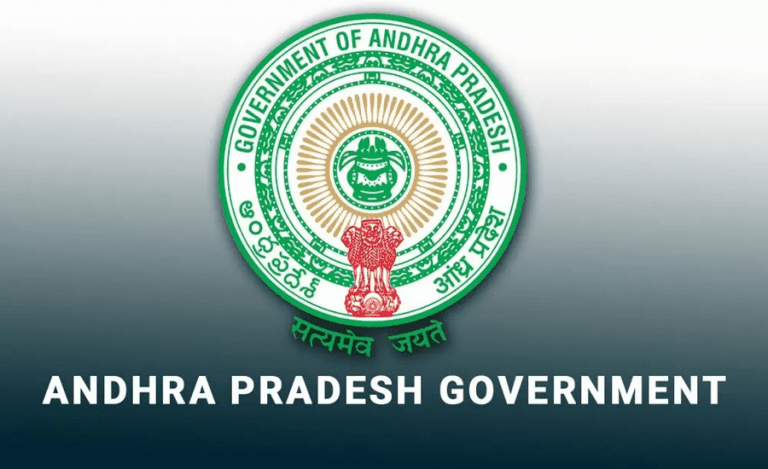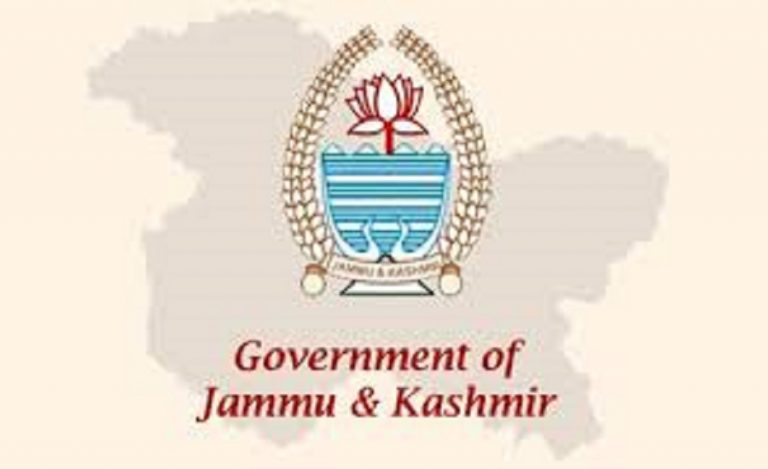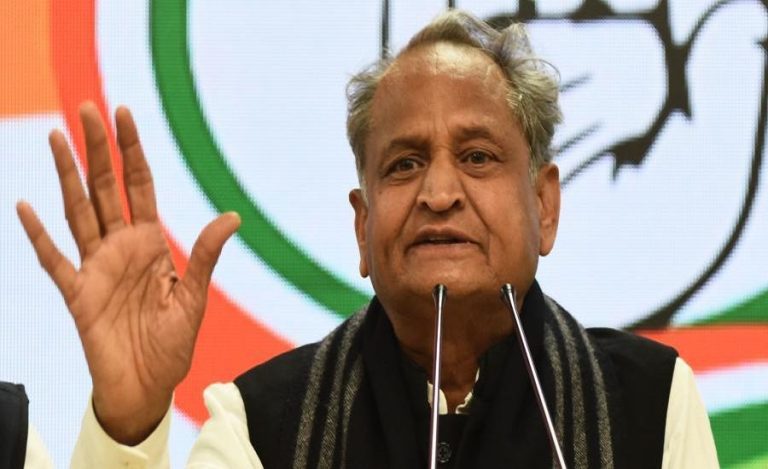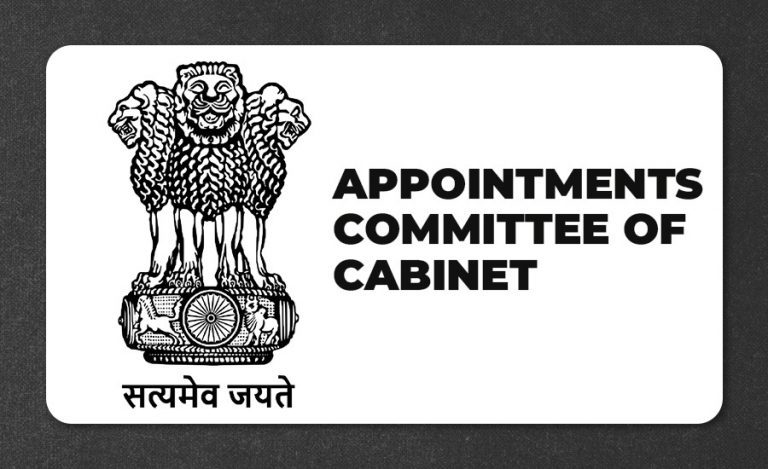At a time when the nation is gasping for oxygen and is dealing with the worst wave of Covid pandemic, a district in the state of Maharashtra has turned out to be a model which can be replicated in the whole of India. Despite being in a state which has been largely affected by the second wave, Nandurbar district has been abl to reduce its daily positive cases by almost 80 percent!
Major credit for this stupendous achievement goes to the District Collector Dr. Rajendra Bharud. He planned for the worst and implemented various initiatives in the district after the first wave ended and cases started to decline. Unlike many others, he did not give in to complacency.
In an exclusive interview with Indian Masterminds, Dr. Bharud took us through various steps the district administration took to build a robust health infrastructure in the district.
LEARNING FROM OTHER COUNTRIES
In September 2020, the country started recording a downward trend in new positive cases. Soon the vaccination drive was kicked off but at the same time, many cities and villages were seen disregarding the necessary protocols and measures which were required to stop the mutation of the virus. However, being a professional doctor before becoming a civil servant, Dr. Bharud did not allow relaxation in the protocols and started building stronger health infrastructure.
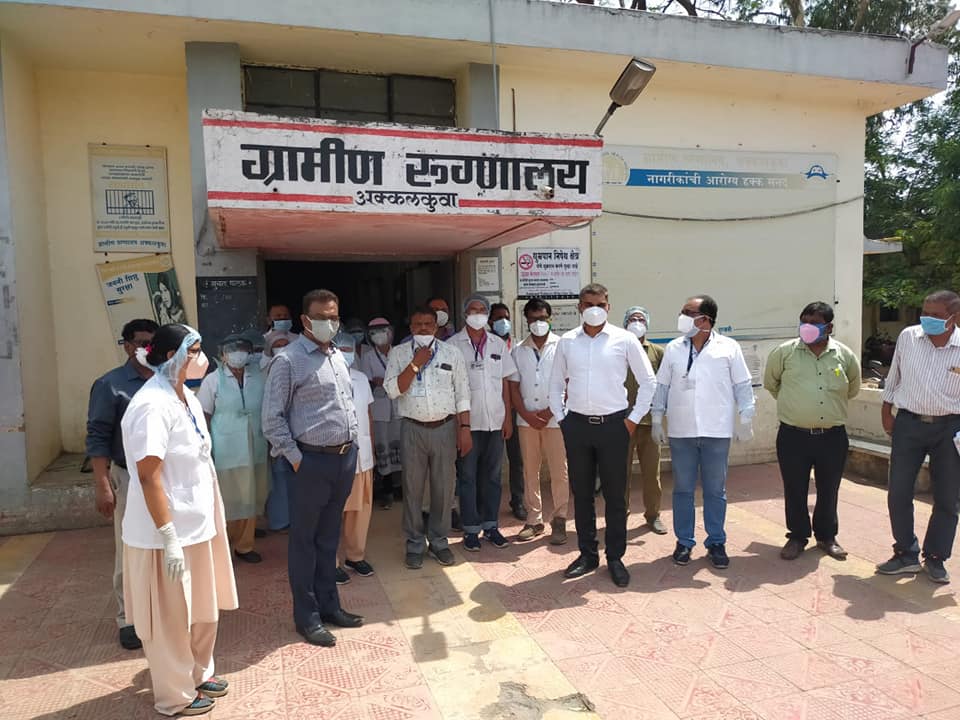
He said, “Being a doctor myself, I know how a virus works. If we are not going to have a permanent remedy, even vaccination will give immunity for a certain time. When I saw the mutation of the virus in the USA and Brazil, I was pretty confident that this situation might arise in our country also. Compared to the protocols and measures taken last year, many parts of the country started avoiding prohibitions and necessary protocols. But this was not the case in our district.”
PREPARING FOR THE WORST
Last year during the first wave of Covid 19 pandemic, Nandurbar district was facing a shortage of essential resources. As everyone was facing this atrocity for the first time, there was no set up in the district for curbing the fatal virus. There were no medical colleges, testing labs, oxygen plants and moreover, there was a shortage of ambulance too in the district.
Dr. Bharud said, “Our work during the pandemic started with 20 beds, which has now been scaled up to almost 8,000 beds consisting of 1,250 oxygen beds, 1,150 Covid care centre isolation beds, and also around 5,000 beds in hostels and rural hospitals in the district.”
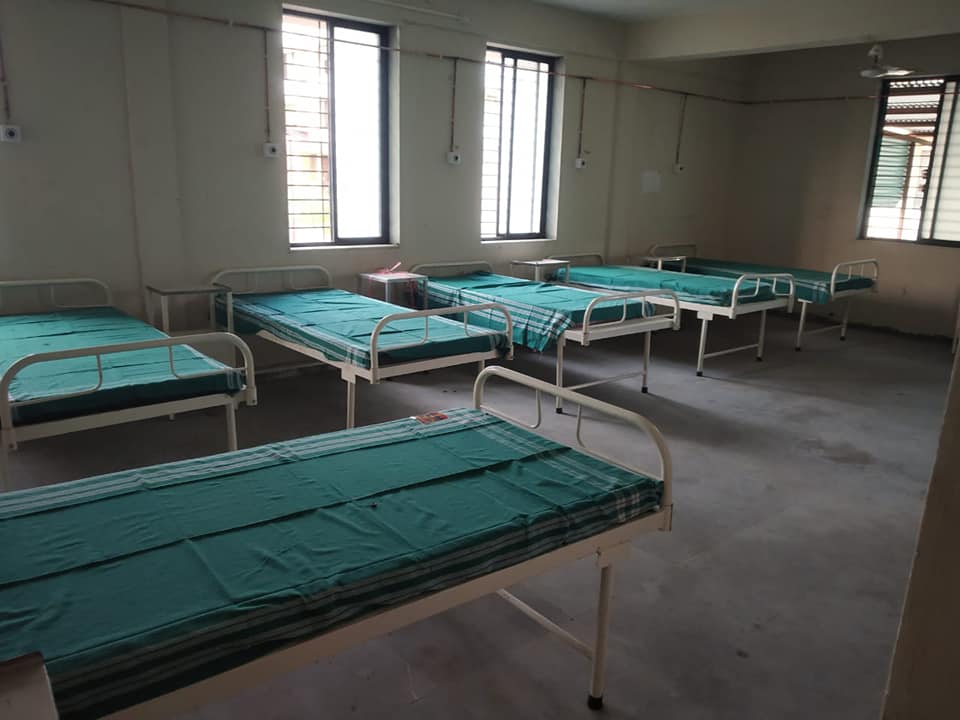
“An important way to handlee Covid 19 is to have a strong control room which manages the whole system. We have our own website where people can access the number of beds which are vacant, check their RT-PCR tests in just one day, call on helpline number for quick assistance and get to know about other important information regarding the pandemic,” he added.
The shortage of ambulance in the district was turning out to be a big issue while managing the Covid patients. The district administration, by reaching out to various companies and using the CSR fund, got hold of 27 ambulances of Force company. Said Mr. Bharud, “Almost 29 to 30 big vehicles were sanctioned and were brought into the district. As there were no private testing labs in the district, we launched Government testing labs with two RT-PCR machines, with a capacity of testing 1,500 people in a single day.”

“Three liquid oxygen plants were planned to get constructed in the district. One of the plants is working and the other two are under construction as a precaution, in case third wave of the virus hits the country. The plants have a capacity to produce 600 litres per minute, which makes it a total of 1,800 litres per minute combined. Apart from this, there are some other small plants in private hospitals too,” he added.
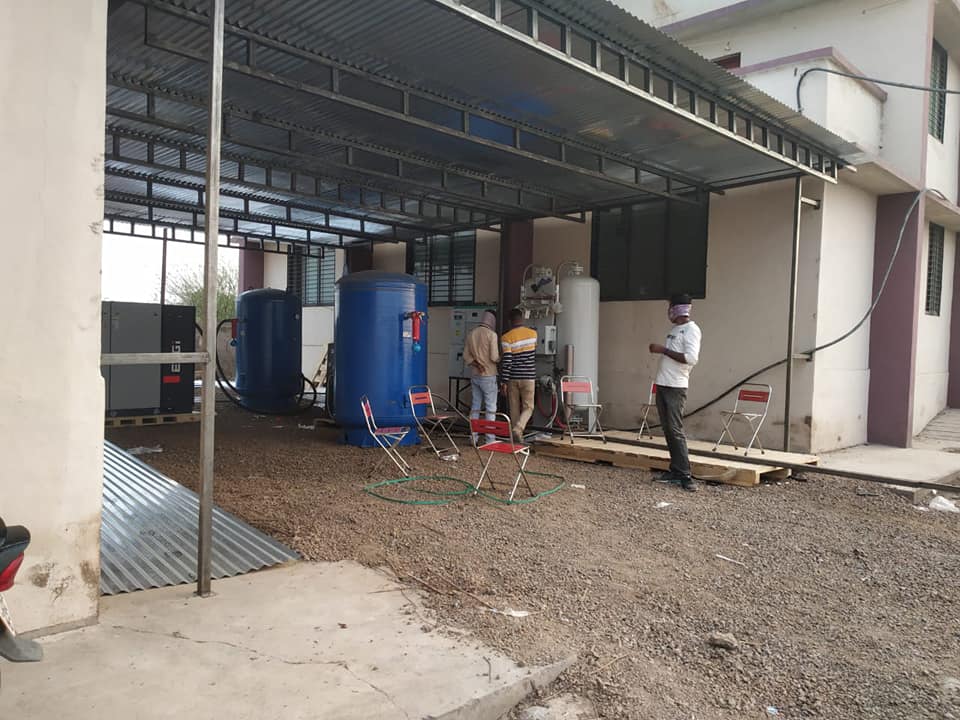
RESULTS
As compared to the first wave, when Nandurbar was recording a maximum of 190 positive cases in one day, the number increased to 1200 cases during the second wave. The active cases increased from 1,500 to 7,000. By systematic planning and right arrangement of resources by the district administration, the people living here are in a comfortable zone as compared those in other parts of the country.
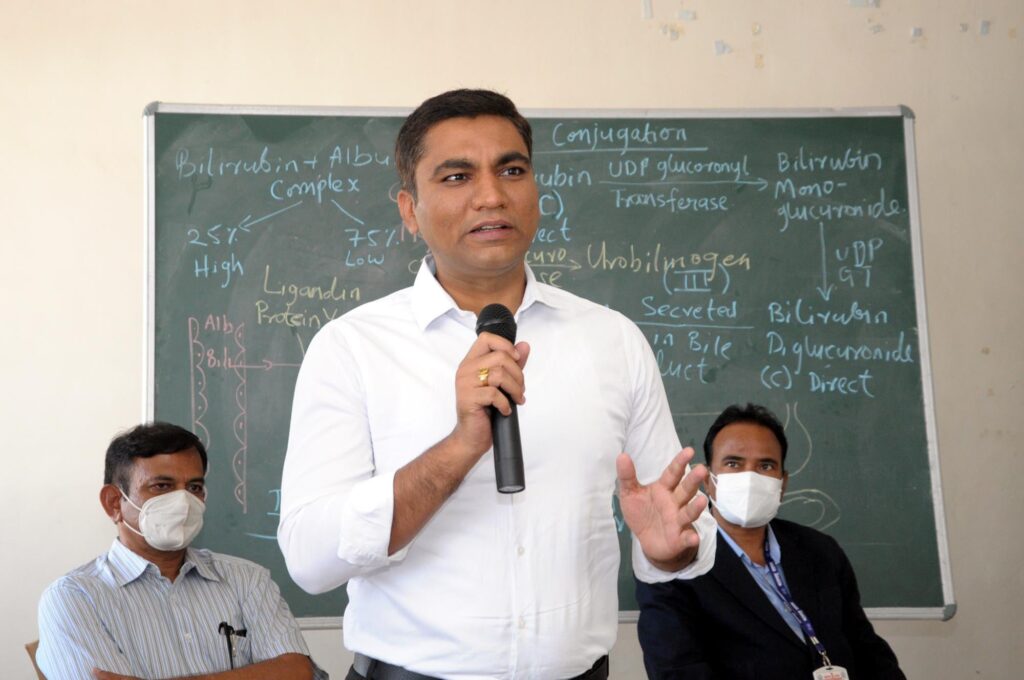
The single-day spike here has now been reduced to 250-300 cases per day and the district has already sufficient resources to deal with the pandemic. As of now, it has around 250 vacant oxygen beds and around 2,400 litres per minute oxygen plants for backup.




